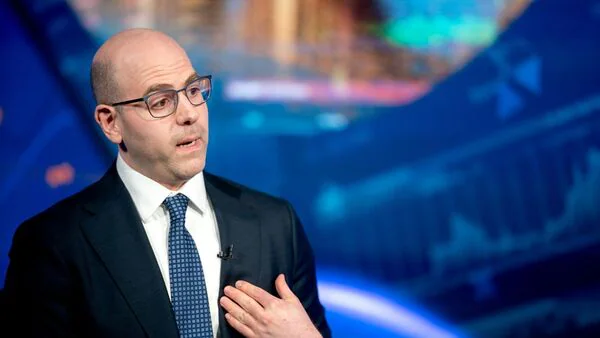The global economic community was rocked on April 2, 2025, when U.S. President Donald Trump announced sweeping new “reciprocal” tariffs on several major trading partners. While the announcement sparked immediate turbulence across global markets, insiders point to one key figure behind the controversial move: Stephen Miran, Chair of the Council of Economic Advisers (CEA).
Miran, a relatively lesser-known but increasingly influential voice in Trump’s economic circle, has long argued that the United States has carried an outsized share of the global economic burden. His policy philosophy centers on what he describes as “strategic rebalancing” — a firm belief that tariffs can be used as tools to correct long-standing trade inequities without severely disrupting domestic markets.
Under his guidance, the administration has pursued a bolder, more protectionist trade strategy, targeting nations that the White House claims have exploited open U.S. markets for decades. According to Miran, the new tariffs are not punitive but reciprocal, intended to level the playing field by mirroring the trade barriers already imposed by other countries.
In a recent briefing, Miran emphasized, “The era of the United States tolerating free-riding by its trading partners is over. Fair trade must mean balanced trade, and that requires action.”
The policy has already sparked international pushback. European and Asian markets dipped sharply following the announcement, and some leaders warned of retaliatory measures. Analysts are now questioning whether a new wave of global protectionism could emerge in response to Washington’s actions.
Despite the backlash, Trump has doubled down, praising Miran’s “clear thinking” and calling the move a long-overdue correction. “We’re not here to be taken advantage of anymore,” Trump declared on social media. “We have Stephen Miran, one of the smartest economic minds, helping fix decades of disaster.”
Supporters of the new strategy argue that it could strengthen domestic industries and encourage fairer trade agreements in the long run. Critics, however, warn that the tariffs could raise prices for American consumers and strain diplomatic ties.
Stephen Miran’s rise to prominence highlights a broader shift in U.S. economic thinking — one that prioritizes national interest and sovereignty in global trade negotiations. As the policy unfolds, the world will be watching to see if his vision delivers economic rebalancing or deeper division.
For now, one thing is clear: Stephen Miran is no longer working behind the scenes — he’s at the center of one of the most consequential economic decisions of 2025.




0 Comments